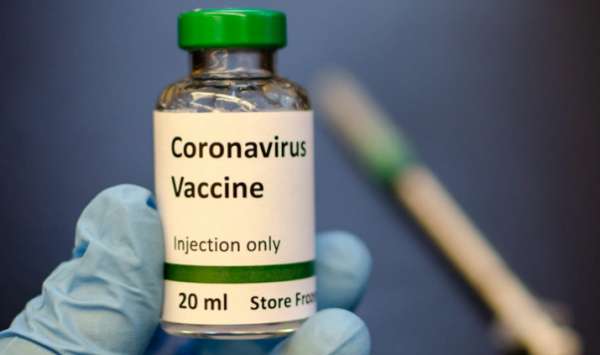The Federal Government had debunked claims in a viral video that the body of those who took coronavirus vaccines can light up an electric bulb! The Executive Director of the National Primary Healthcare Development Agency, Dr Faisal Shuaib, described the claim as “false”, saying that the COVID-19 vaccine does not create a magnetic field around the vaccination site.
Current pandemic has posed an unpresented challenge on many levels. Therefore, the development of vaccines was eagerly awaited, and the first breakthroughs were celebrated. However, it soon became clear that to end the pandemic, nation’s of the world would have to address another ubiquitous problem: the widespread hesitancy toward or downright rejection of vaccination.
In fact, as vaccine candidates advance closer to Nigeria authorization, health and industry officials wanted to make sure as many people as possible get vaccinated to reach the level, known as herd immunity, that would protect even people who aren’t immunized.
Yet large percentages of Nigerians, including those at high risk of contracting the virus, are reluctant, skeptical or opposed to taking a vaccine, according to reports. Among their reasons are concerns about safety because of the quick development pace and government overreach.
Among those opposed include small but vocal numbers of people who are opposed to all vaccines, which they say are unsafe despite research proving otherwise.
To tackle the doubts, federal government through several agencies has been educating community and religion leaders about the benefits of vaccines. NCDC has been assembling a network of contacts to send alerts to correct vaccine misinformation.
To achieve population immunity, a large majority of people has to participate. However, in a recent survey of US health care workers, 48% had not yet been vaccinated, and of those, 18% did not plan on receiving a COVID-19 vaccine because of concerns over adverse effects and the vaccines’ newness.
It’s worthy of note that, health care decisions, including whether to take part in vaccination against COVID-19, are based on the comparison of the potential costs of participation with the expected benefits. Costs can span a variety of factors, but fear of adverse effects has featured prominently in recent surveys.
As extensive research of groups on the said issue has shown, it is—ironically—this very same fear that can amplify and even induce adverse effects. Therefore, addressing concerns by providing evidence-based information as part of larger information campaigns and individual conversations is key to increasing vaccine uptake.
Acknowledging that vaccines can cause unwanted effects and that concerns about adverse effects are understandable is an important first step in any conversation about concerns. This is particularly relevant for those who have experienced adverse effects in the past or are more likely to be affected.
However, it is also worth pointing out that most people experience no or only mild adverse effects. It is also important to explain that not all symptoms that occur following vaccination are caused by the vaccine.







